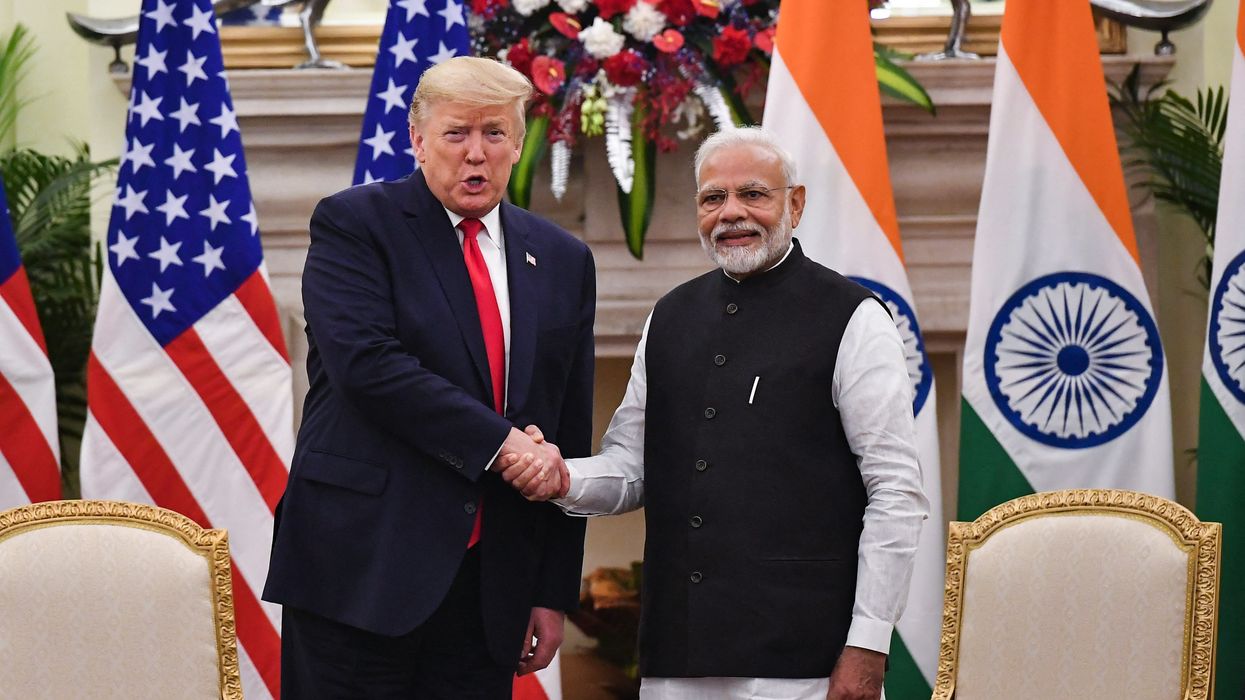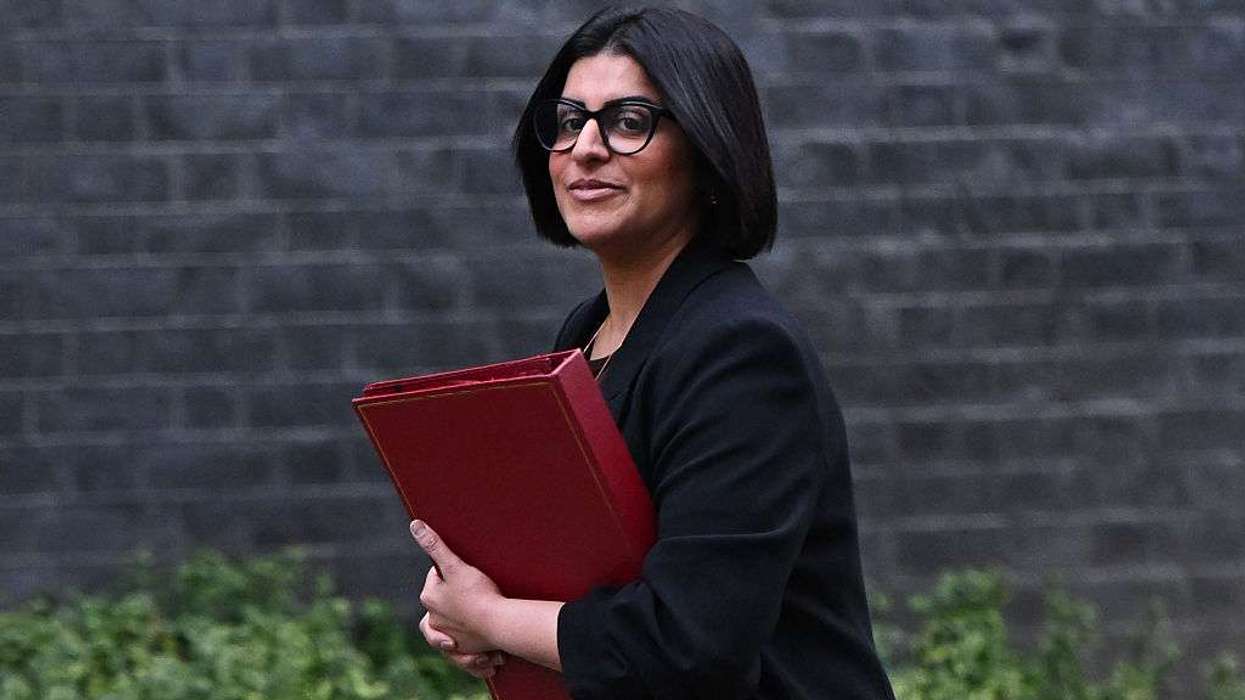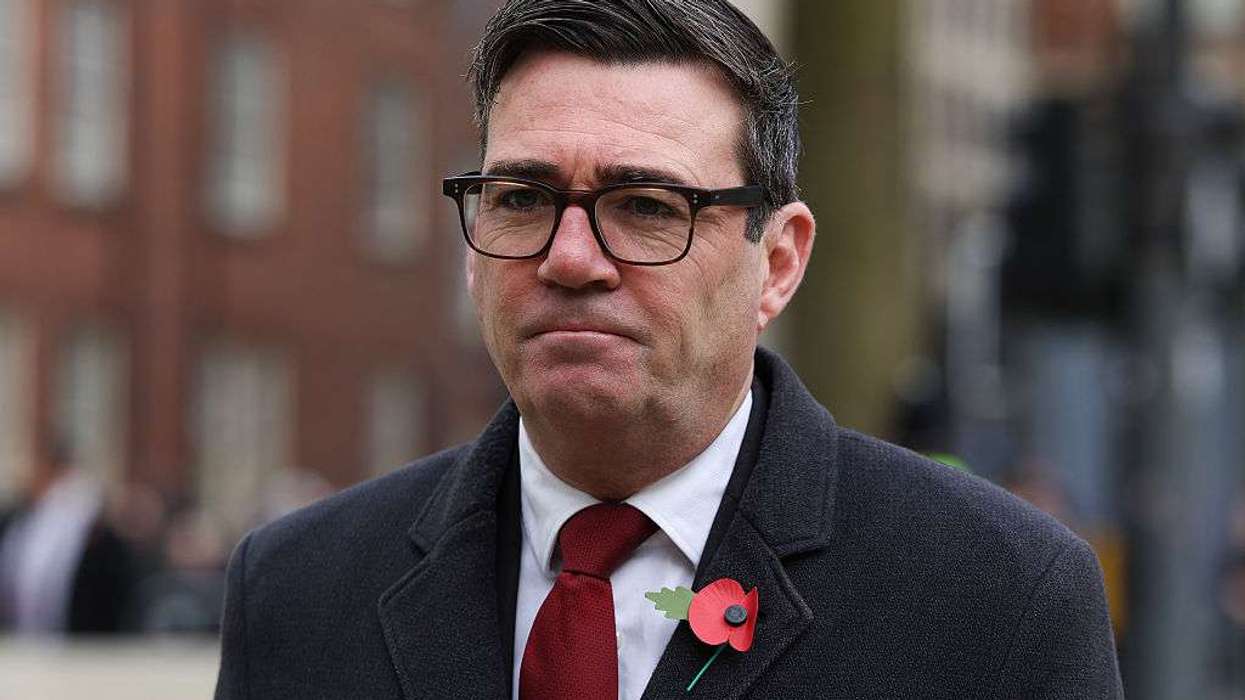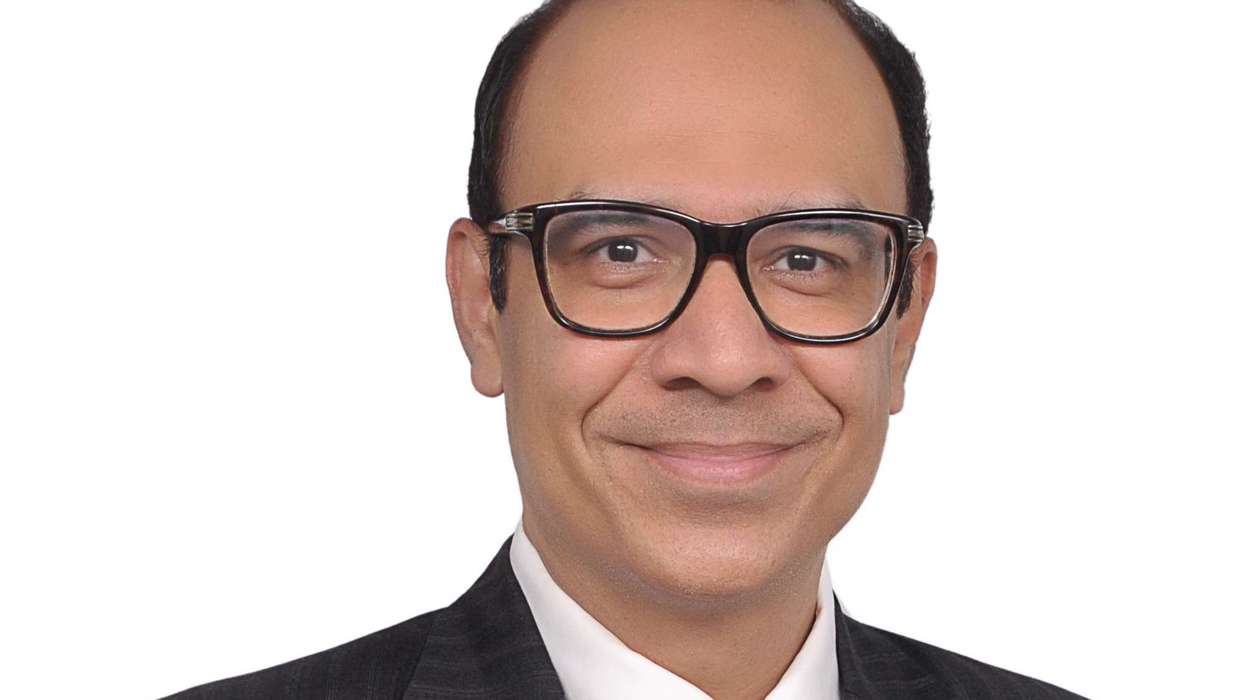INDIA is considering cutting tariffs on more than half of US imports valued at £17.7 billion as part of ongoing trade negotiations, two government sources told Reuters.
The move, which would be the most significant tariff reduction in years, is aimed at countering reciprocal tariffs.
The Indian government is looking to reduce the impact of US president Donald Trump’s global reciprocal tariffs, set to take effect from 2 April. These tariffs have unsettled markets and prompted concerns among policymakers, including those in Western countries.
An internal analysis by New Delhi estimates that the US reciprocal tariffs could affect 87 per cent of India’s total exports to the United States, which amount to £50.8 billion, two government sources with knowledge of the matter told Reuters.
As part of the negotiations, India is open to reducing tariffs on 55 per cent of the US goods it imports. These goods are currently subject to tariffs ranging from 5 per cent to 30 per cent, according to the sources, who spoke on condition of anonymity.
Within this category, India is willing to make significant reductions or remove tariffs entirely on some products, covering more than £17.7 billion worth of US imports, one of the sources said.
India’s trade ministry, the prime minister’s office, and a government spokesperson did not respond to requests for comment.
Data from the World Trade Organization shows that the US trade-weighted average tariff is around 2.2 per cent, while India’s stands at 12 per cent. The United States has a trade deficit of £35.1 billion with India.
During prime minister Narendra Modi’s visit to the United States in February, the two countries agreed to begin discussions on a trade deal and address ongoing tariff disputes.
India is seeking an agreement before the US reciprocal tariffs take effect. Assistant US Trade Representative for South and Central Asia Brendan Lynch is expected to lead a delegation of US officials for trade talks starting Tuesday.
Government officials in India have cautioned that any tariff reduction would depend on securing relief from the US reciprocal tariffs.
A final decision on tariff cuts has not been made, with other options under discussion. These include sector-specific tariff adjustments and product-by-product negotiations instead of a broad reduction, one official said.
India is also exploring wider tariff reforms to lower trade barriers more uniformly, though such discussions remain at an early stage and may not be included in the current negotiations with the United States, the official added.
Trump’s stance on tariffs
Despite Modi being one of the first world leaders to congratulate Trump after his election victory in November, the US president has continued to criticise India’s tariff policies.
Trump has described India as a “tariff abuser” and a “tariff king” and has maintained a firm stance on tariffs.
New Delhi estimates that the reciprocal tariffs could lead to increases of 6 per cent to 10 per cent on items such as pearls, mineral fuels, machinery, boilers, and electrical equipment, which account for half of India’s exports to the United States.
One of the officials said that pharmaceutical and automotive exports, valued at £8.5 billion, could face the biggest impact, given their reliance on the US market.
The tariffs could also create opportunities for alternative suppliers, including Indonesia, Israel, and Vietnam, the official added.
India’s approach to negotiations
To secure domestic political backing, India has set clear limits for the negotiations.
Tariffs on products such as meat, maize, wheat, and dairy, which currently range between 30 per cent and 60 per cent, are not being considered for reduction, a third government official said. However, tariff cuts on almonds, pistachios, oatmeal, and quinoa are under discussion.
India will also push for phased reductions in automobile tariffs, which currently exceed 100 per cent, a fourth official said.
The complexity of India’s position was underscored by comments from its trade secretary during a parliamentary standing committee meeting on 10 March, as well as remarks by US Commerce Secretary Howard Lutnick.
Trade secretary Sunil Barthwal told the committee that while India valued its trade relationship with the United States, it would not compromise on its national interests, according to two people present at the closed-door meeting.
Lutnick has urged India to “think big” following its decision to reduce tariffs on high-end motorcycles and bourbon whisky earlier this year.
Milan Vaishnav, an expert on South Asian politics and economics at the Carnegie Endowment for International Peace, noted that India has so far resisted broad tariff reductions.
“It is possible the Modi government could use external pressure from the Trump administration to enact politically difficult, across-the-board cuts, but I am not holding my breath,” Vaishnav said.
(With inputs from Reuters)




